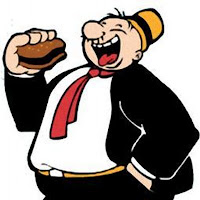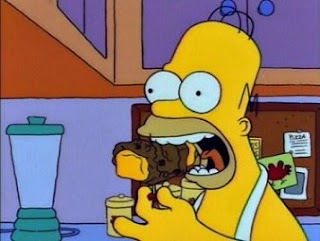Gut Check

Doctors have known since the 1920s that a ketogenic diet is effective in treating epilepsy . What they still don’t know is how . Ketogenic diet therapy is really pretty simple. You cut carbs, forcing your body to burn fat for fuel; your body turns that fat into ketones, which run through the bloodstream; and when there are more ketones in your blood, your brain works more efficiently. This might explain why the diet is being explored for many other neurological problems, like autism, Parkinson’s, Alzheimer’s, MS, and more . That the diet is effective for many (though not all) people is well-known. But again, the mechanisms by which it works are still a mystery. Like the Totally Awesome Roller Racer , everyone wants to know, "How's it go?" But two new studies have come out suggesting that the path leading from bacon in the belly to benefits in the brain might run straight through the gut. The gut microbiome is the wild and wonderful world of tri






